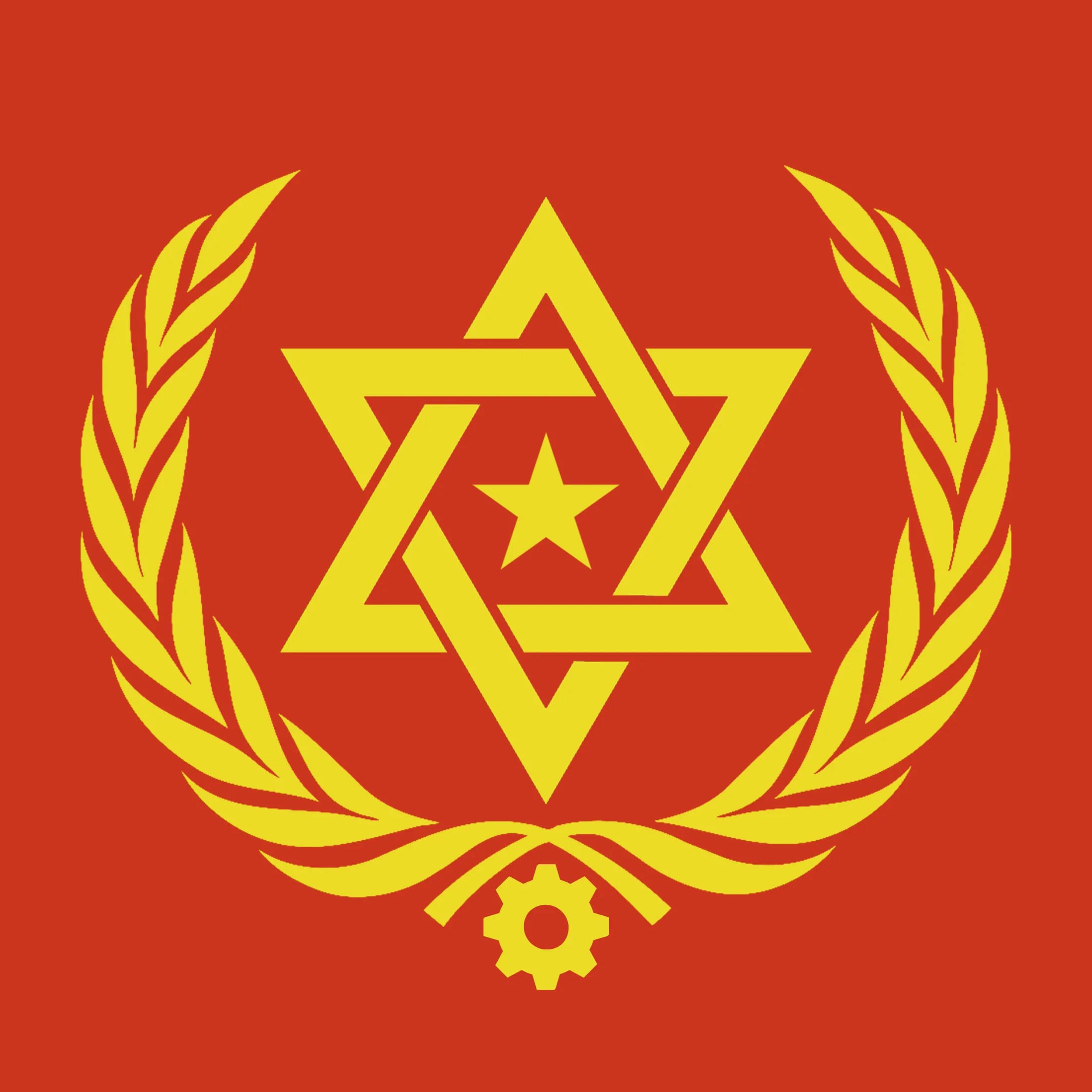- cross-posted to:
- jewish_quarter@lemmygrad.ml
- cross-posted to:
- jewish_quarter@lemmygrad.ml
A new Jewish tradition is growing in those places where solidarity flourishes. Amid the ugliness and death, and as our institutions cleave to the mistaken idea that our safety comes from ever more brutal applications of state power, the future of our people is being written on campuses and in the streets. Thousands of Jews of all ages are creating something better than what we inherited. Our new Jewish tradition prioritizes truth-telling and justice, and in this way it is actually the old Jewish tradition, which has given us all the tools we’re using.
Ivisited the UCLA encampment on Wednesday night last week, hours before the police closed in. The mood was anxious—large formations of officers were stationed just outside as helicopters circled noisily overhead—but there were dozens of tents packed closely together and hundreds of people hanging out or doing various jobs, including distributing snacks, ferrying supplies, fortifying the perimeter, and shining a strobe light at the cops peering down at us from the windows of Royce Hall.
Your level of comfort in such a space might have depended on your level of comfort with duct tape and no official bathrooms; with chants ringing out over a snare-drum beat; with leftist graffiti scrawled on a stately Romanesque façade. The camp required an ethos of trust and mutual care. It also required bravery, given the way that counterprotesters had kept up a stream of hateful intimidation unimpeded by the university.
As it grew over the course of its week-long occupation of the normally brochure-gracing quad, the camp included a people’s library, teach-ins, art projects, and a screening of The Battle of Algiers. There was a Passover Seder (with olives, strawberries, and watermelon added to the ritual to symbolize solidarity with Palestine and Gaza) and a Kabbalat Shabbat service, which is Shabbat’s mystical, emotional, Hebrew-heavy expression.
Aliyah, a medical administrator at [the] UCLA Medical Center who asked that I not use her last name—she is Muslim and fears harassment—told me that the Kabbalat Shabbat service was her first-ever experience of Friday-evening Shabbat. (The Shabbat downtown, where we met a week later, was her second.) “There were Muslims sitting down with Jews. There were Christians sitting down. We were just learning about it,” Aliyah recalled. “And at the same time, Muslims had their prayers.” (The daily prayers of Islam appeared alongside Jewish ritual on the agenda.) “It was beautiful.”
Many experienced a kind of mourning after the camp was destroyed. Two UCLA students I met Thursday afternoon outside the Twin Towers jail—they had driven there to support those who’d been arrested earlier that day—seemed overcome by sorrow and anger, sometimes collapsing into each other’s arms. They seemed like longtime friends, but they told me they’d barely known each other before spending the previous day building wooden fortifications in the aftermath of the pro-[Zionist] mob attack.
The cooperative spirit of the camp was “one of the most amazing things I’ve ever seen,” one of them, Isabelle, told me. “And simultaneously, there were some of the most horrific things I’ve ever seen. I think that was probably the hardest part, just the whiplash.”
In Freedom Dreams: The Black Radical Imagination, Robin D.G. Kelley writes that the best social movements “do what great poetry always does: transport us to another place, compel us to relive horrors and, more importantly, enable us to imagine a new society.” Kelley is a professor of US history at UCLA and a founding member of its Faculty for Justice in Palestine chapter; he described the student encampment as a “huge success” when I spoke to him by phone after the police raid.
“I was involved in the anti-apartheid movement back in the ’80s at UCLA,” he said, “and that kind of solidarity, that kind of cocreation of community—we didn’t have it like that. These students were far more advanced.”
[…]
We said the blessing over the challah in honor of those who are starving in Gaza. We pinched off pieces of the passed loaves and sang “Ceasefire Now” as the daylight faded. It got chilly, all of a sudden, after sundown.


